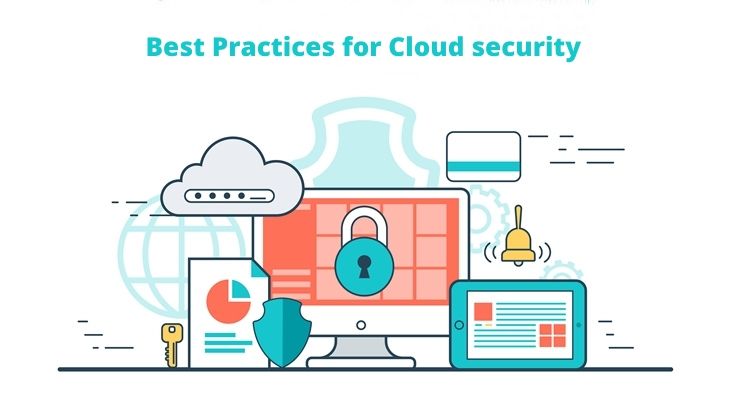One of the biggest challenges for organizations looking to adapt to the most up-to-date technological tools on the market and to the digital transformation is the concern with the confidentiality of the information stored in the cloud.
Companies that have adopted cloud computing technology know that ensuring data integrity and continuity of operations is a priority.
Whether it is internal company procedures, data on customers, it is always important to ensure that there is no breach of security.
We’ll take you through the vital steps to protect your online information in the cloud.
Best Practices for Cloud Security
To maintain the confidentiality of your company’s data, it is not enough to hire a cloud computing service.
You need to be sure about aspects, such as security protocols, employee training and the maintenance of the IT infrastructure.
This is one aspect that you should keep in mind when hiring cloud computing services. After all, data interception is one of the biggest risks to the confidentiality of the stored information.
Be sure to use the highest encryption levels for data in transit and at rest. It would be best to consider using your own encryption solutions before uploading data to the cloud.
A cloud provider may offer integrated encryption services to protect your data from third parties. But keep in mind that this allows them to access your encryption keys.
Best practices for cloud security are based on the adoption of a trusted service provider. You’d want to be associated with a cloud service provider that proposes the best-integrated security protocols.
When hiring a cloud computing service, you need to make sure that the chosen supplier is of quality, with a good reputation and history in the market.
Before choosing a cloud vendor, be careful when examining the service level agreement, make sure you understand what it guarantees and what it does not, and peruse all publicly available data.
These aspects assure greater reliability in the services provided and the experience to deal with your organization’s needs.
The value of a trusted vendor is reflected in the field of security certifications and compliance it holds. Any reputable vendor makes this information accessible to the public.
For example, all the significant providers like AWB, Google Cloud, Azure, and Alibaba Cloud provide seamless access to confirm their compliance and security certifications.
Solutions for data security in the cloud seek to give more visibility to your data, allow you to take action quickly, and protect your sensitive information. CASB (Cloud Access Security Broker) is the most recommended solution for this new reality of cloud.
The use of a CASB promptly becomes a fundamental tool for performing best security practices in the cloud. This software lies between you and your cloud service provider to increase your security controls in the cloud.
Also Discover: Cloud migration challenges: Every user needs to know
Applying secure control of user access via policies is another great cloud security practice. It assists you to control users who are seeking to access your cloud services.
Employees need to be aware of the risks and responsibilities if they act in bad faith and neglect company security protocols.
Your company is responsible for ensuring that only authorized people have access to your cloud service. Adopt individual user authentication policies to ensure access control.
As a best practice, be certain to prepare all of your users and stakeholders, who access your systems to secure cloud computing practices. Train them on how to detect malware, recognize phishing emails, and the hazards of unsafe practices.
The training of professionals in your company must necessarily involve awareness about the risks involved in suspicious emails, unknown users, and files containing malware. It is worth training employees to identify these risks and take preventive action.
Concluding Words
Applying the best practices in the market is always the best way in all areas of operation, and for cloud security, it would be no different.
Before signing up with any cloud vendor, customers should ask questions about data security practices and look into service level agreements.
You may also like to read: 4 Public Cloud-Based Security Risks

